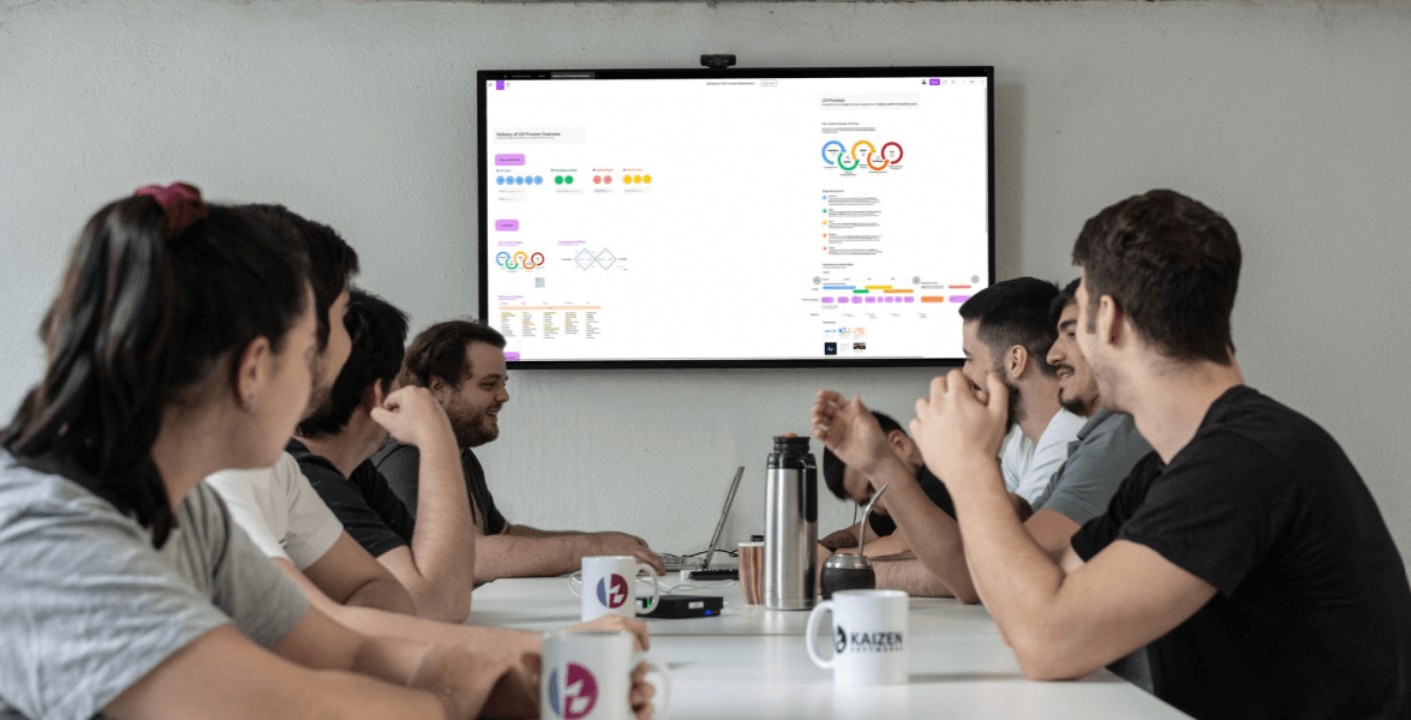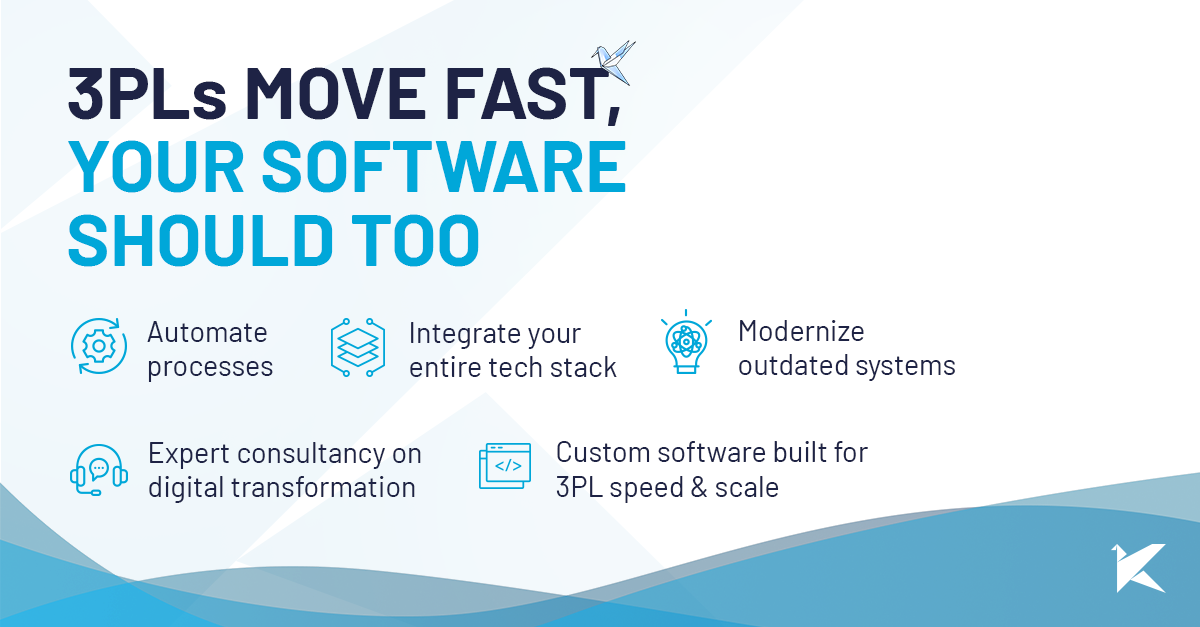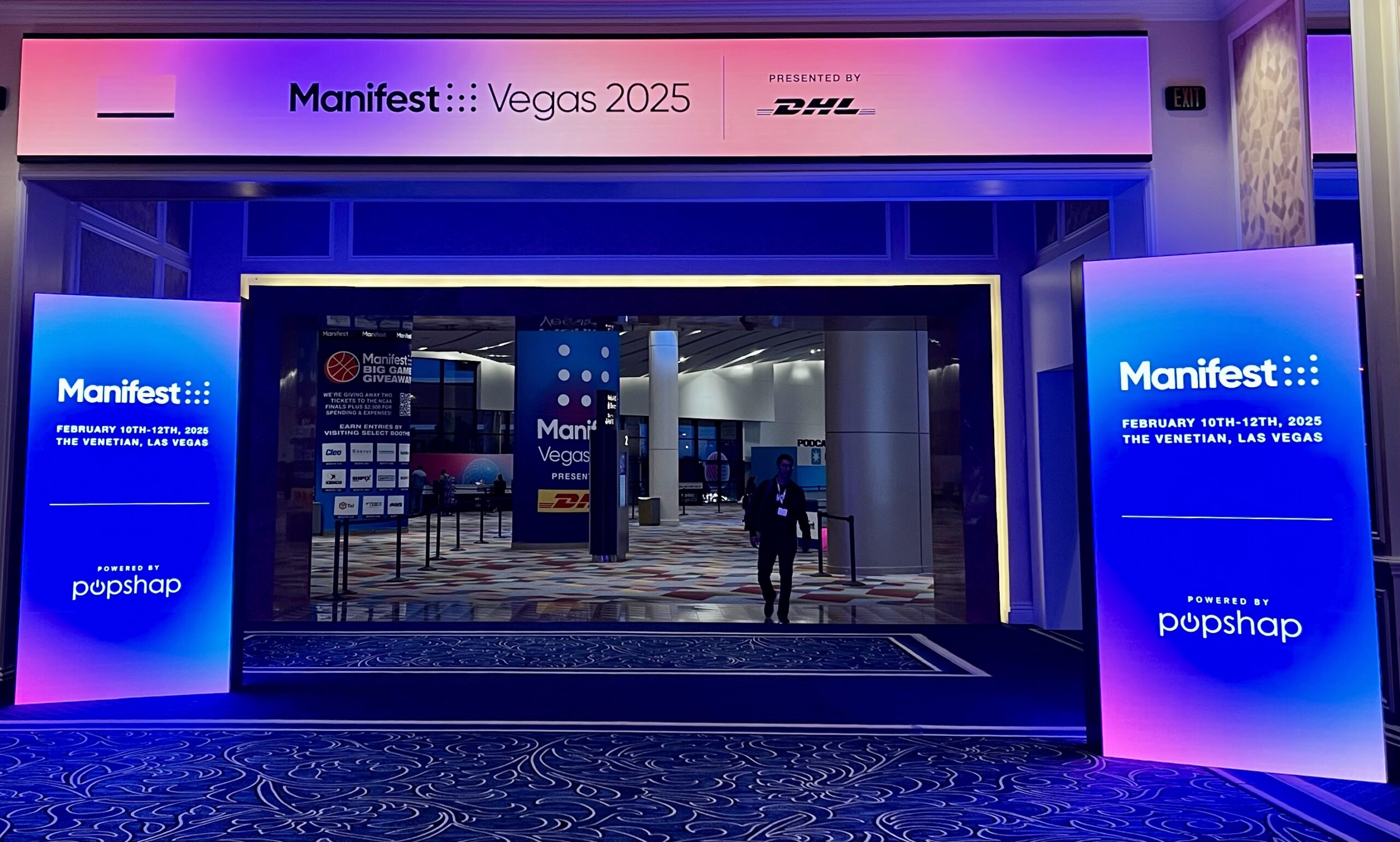In 2021, we had over 302 candidates went through our software developer hiring process.
After carrying out 302 recruiter screens, 177 cultural interviews, 106 technical interviews, 15 new hires were made, resulting in an investment of more than 400 hours of interviews.
Since feedback on our hiring process from both our interviewees and clients has been highly positive, we’d like to share with you the insights of this valuable journey.
In this post, we will cover our in-house designed 5-step interview process that follows the initial screening all candidates go through. All of our interviews follow a specific objective and a way to accomplish those goals.
Kaizen's hiring process stages
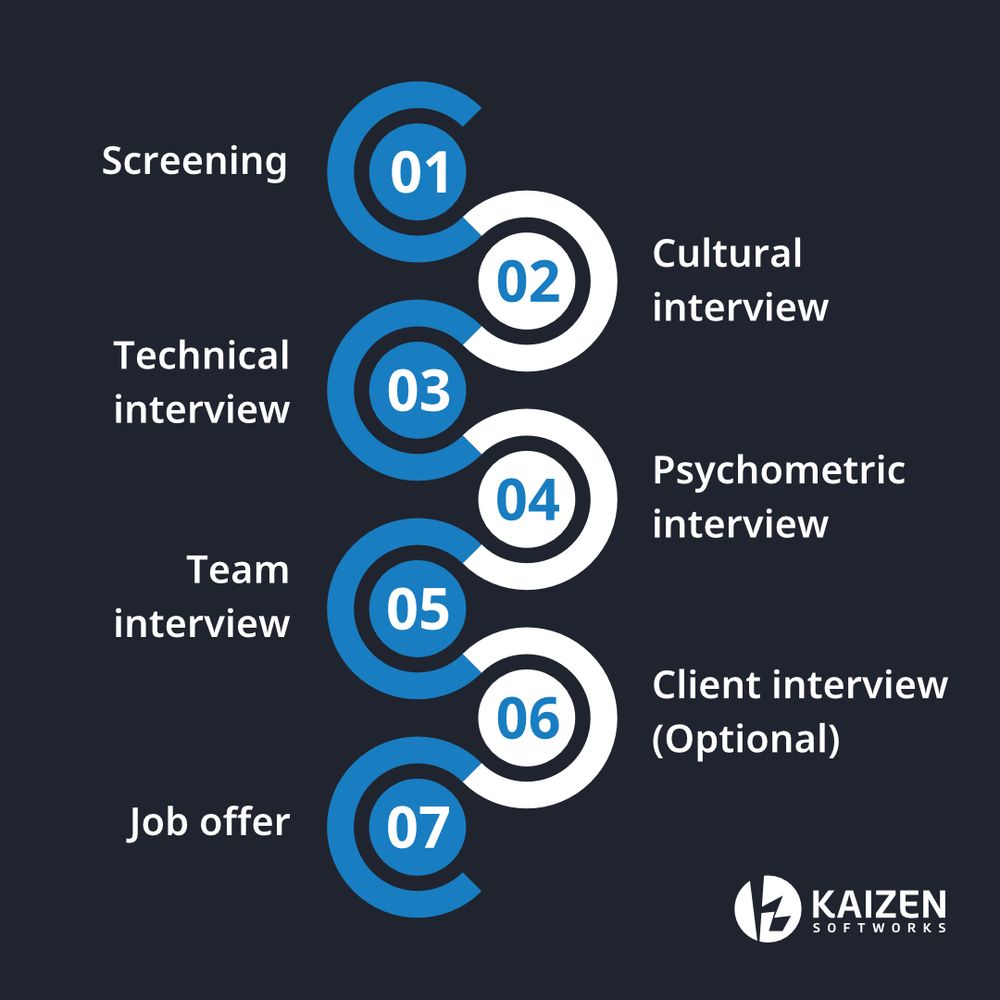
Screening
The screening is the first contact that the candidate has with Kaizen after sourcing, and it consists of a brief call with the recruiter to present them with Kaizen as a company and gather information about the candidate’s profile such as:
- Academic background;
- Motivation & professional aspirations;
- Work experience;
- English level;
- Salary expectations.
If the Recruiting Team agrees the candidate can be a good fit, the following steps are explained to the candidate and they move to the first instance of the interview process itself, the cultural one.
Cultural Interview
At this stage, we focus on candidates’ interests, motivations, expectations, cultural matches with our organizational culture and understanding what opportunities are seen as challenges for their professional development and growth.
We are interested in candidates who are confident and convinced communicators that constructively challenge assumptions encouraging collaboration, proactive and independent. But we also look for some aspects that are more specific to the Kaizen culture.
At Kaizen, we value the contributions of all teammates and promote a collaborative work environment. Therefore, teamwork and communication skills such as expressing their own opinion to help build new knowledge are evaluated and praised. This also means not being afraid to ask questions.
In addition, since our organizational structure is horizontal, flexibility and the ability to adapt to changing environments is considered as valuable. We seek for people who are friendly, passionate about their work, motivated and eager to learn.
Technical Interview
Our technical interview team evaluates the set of skills they understand are a must to fill the position on a certain project.
Although we value expertise in specific technologies, we strongly believe that the ideal candidate must have critical thinking techniques that help him/her to overcome complex problems. In this way, through face-to-face questions we also evaluate if they have a solid foundation in general programming.
Then, we dive deeper and evaluate the knowledge and management of the technology stack required for the project and/or the candidate’s area of professionalization.
When candidates without work experience or juniors (with little work experience, up to 1 year) are going to be technically interviewed, they are sent a short test through Interviewzen. This consists of an online test of approximately an hour long, which that lasts must be taken before the technical interview, since it is be used as an input for the interview.
Psychometric Interview
If the candidate passes the technical interview, a psychometric appointment is made with a people care specialist, which consists of an unstructured one-on-one conversation. We seek to learn about certain patterns of the candidate’s behavior from a psychological approach to evaluate future behaviors in the work environment.
Team Interview
This stage consists of a conversation between the candidate and the team members of the project position they applied to join.
The goal of this meeting is to ensure the candidate is a good fit for the team, talk about the challenges they will have to face in the project, and also try to assess communication and self-management skills.
Client Interview (optional)
Once the candidate passes the final team interview, we focus on the client’s validation. To ensure this, we always give the client the chance to interview each candidate to get to know each other and provide a space for an open-round Q&A session.
During this last stage of the process we prepare a document called ‘Blind Resume’ which includes the information of the candidate and her/his resume, but leaves out candidates last names and former work places.
What makes our hiring process a true success?
The success of our hiring process lies in 4 key factors:
- Build a cross-functional hiring team. We have set up interdisciplinary work teams for each stage of the interview process, combining knowledge in recruiting, people care, software engineering and psychology. This helps us to evaluate each candidate from a holistic approach, which allows us to look after our identity and quality value as a company.
- Hire for careers, not roles. We have clear cultural standards to define our identity as a company, which makes it easier to only go through the hiring process with candidates who are eager to grow professionally and are constantly looking to learn and take on new challenges.
- Promote a short and fast process. We very much appreciate candidates’ experience and time. To ensure a smooth and agile process, we have an estimated time of 4 weeks from the first screening contact to the final job offer.
- Give feedback to the candidate. Transparency is very important at all stages, so we make sure to keep the candidate informed about the status of their application, regardless of whether we decide to hire them or not. When a candidate is discarded, we always give personalized feedback. It is important to thank them for having participated in the process and to leave open doors to feedback in order to improve.
After successfully hiring our developers, the next challenge comes in retaining them. True hiring success is also measured by loyalty and a low turnover ratio.
In 2021, we had a 10% turnover ratio overall and 0% on key team members. The reasons that can explain this low ratio will be covered soon in another post.
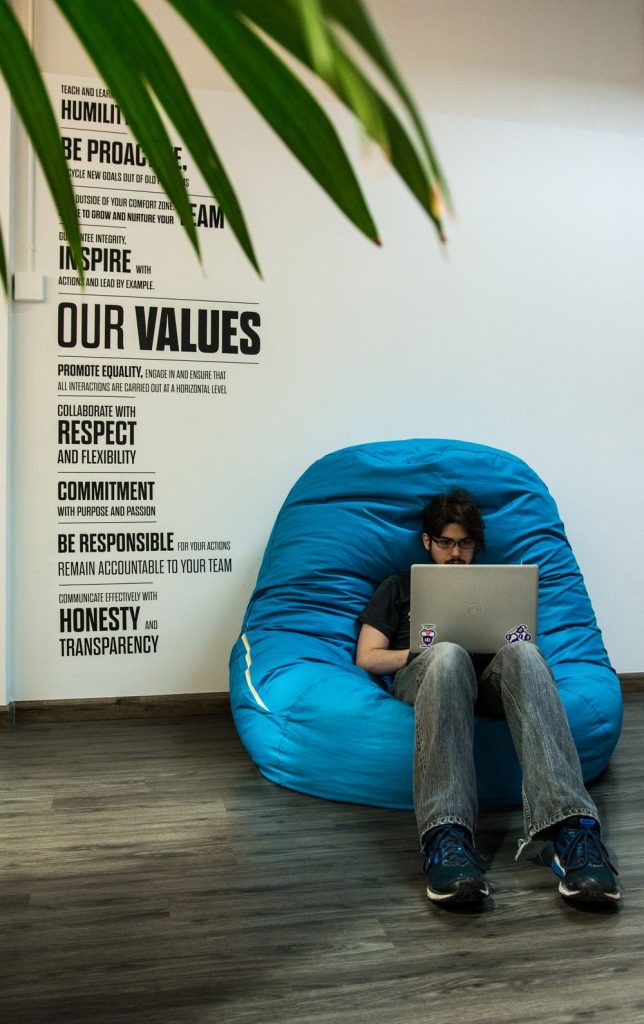
Ready to extend your team?
We know how expensive and time consuming it is to find candidates with the right technical and soft skills. Companies often have trouble connecting with the right talents because the IT field is in high demand.
According to the US Bureau of Labor,
“the employment of software developers, QA analysts, and testers is projected to grow 22% between 2020 and 2030, much faster than the average for all occupations.”
Almost every business needs developers, and each company offers different benefits to attract the best talents, not to mention high salary demands.
Considering an outsourcing strategy could be a good fit to address these software development hiring pains.
Challenges are full of risks, but choosing the right nearshoring partner shouldn’t be.

